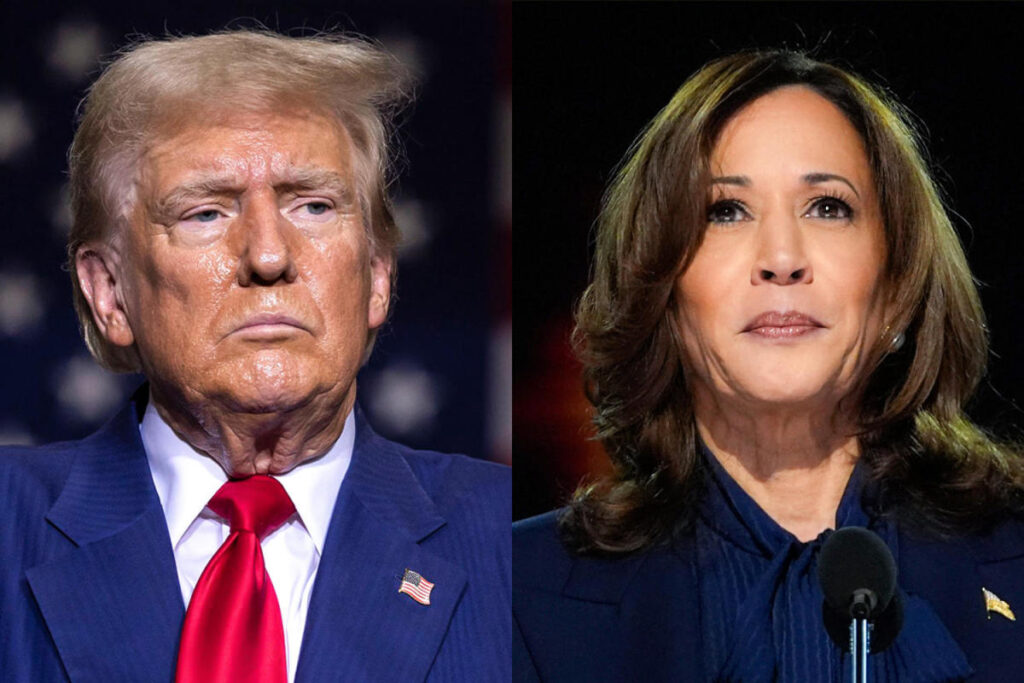The most recent NBC News poll reveals significant insights into voters’ preferences and priorities leading up to the upcoming elections. Key topics influencing voter sentiment include the economy, inflation, abortion, immigration, and democracy. Importantly, the poll indicates that candidates who align with voters’ concerns—particularly those focused on easing high costs—are more likely to garner support. Conversely, candidates who express views aligned with former President Donald Trump’s claims regarding the 2020 election or who endorse the Supreme Court’s decision that overturned Roe v. Wade may find themselves at a disadvantage. The survey underscores the importance of policy positions in swaying voter opinion across a diverse political landscape.
One particularly striking finding is the preference for economic strategies that promise relief from rising costs. Approximately two-thirds of voters expressed a higher likelihood of supporting candidates who advocate for expanding domestic oil and gas production. Additionally, substantial support exists for proposals like a $6,000 federal child tax credit and measures targeting large corporations to control inflation. These insights underline a palpable urgency among voters regarding economic challenges, as they appear receptive to pragmatic solutions aimed at alleviating financial burdens. However, not all economic proposals are met with enthusiasm; for instance, a plan involving high tariffs garnered mixed reactions, signaling a complex landscape regarding economic policy preferences.
Election denialism, particularly associated with Trump, also factors heavily in shaping voter inclinations. A clear majority (52%) indicate they would be less inclined to support candidates voicing claims that Trump won the 2020 election. This trend is consistent across various voter demographics, including independents, suburban women, and seniors, indicating that such positions could be detrimental in attracting a broader electoral base. The implications of these findings suggest that candidates leaning into election denial may risk alienating critical segments of the electorate, while solidifying support mostly within Trump’s base.
The NBC News poll also highlights a competitive race between Trump and Vice President Kamala Harris, with both securing equal support from voters. Each candidate appears to be evaluated on a variety of issues that resonate with voters. Trump holds an edge concerning the cost of living and immigration, while Harris is favored on abortion and is perceived as more competent and representative of change. This dynamic suggests that candidates must navigate a complex web of voter priorities and perceptions to attract support, requiring them to tailor their messages to resonate with critical issues influencing the electorate.
On immigration, the survey revealed a tendency for voters to favor stricter policies. A significant majority expressed support for candidates who wish to deploy military resources to the border to curb illegal drug trade and human trafficking. Furthermore, around half of respondents indicated a willingness to back candidates advocating for increased deportations of undocumented immigrants. These preferences reflect the ongoing salience of immigration as a potent issue, impactfully shaping voter opinions, and suggest that candidates may benefit from adopting more stringent immigration stances.
As for the topic of abortion, attitudes are sharply divided. Voters largely favor candidates who advocate for a federal law reinstating a nationwide right to abortion, while support for the Supreme Court’s overturning of Roe v. Wade remains broadly unpopular. The division also extends to candidates advocating for states to determine their abortion laws, with opinions evenly split on this front. The overarching trend from the NBC News survey illustrates a complex interplay between voter priorities and candidate positioning, emphasizing the crucial role that issue-based policies play in shaping electoral outcomes as the nation heads toward a contentious election cycle.

